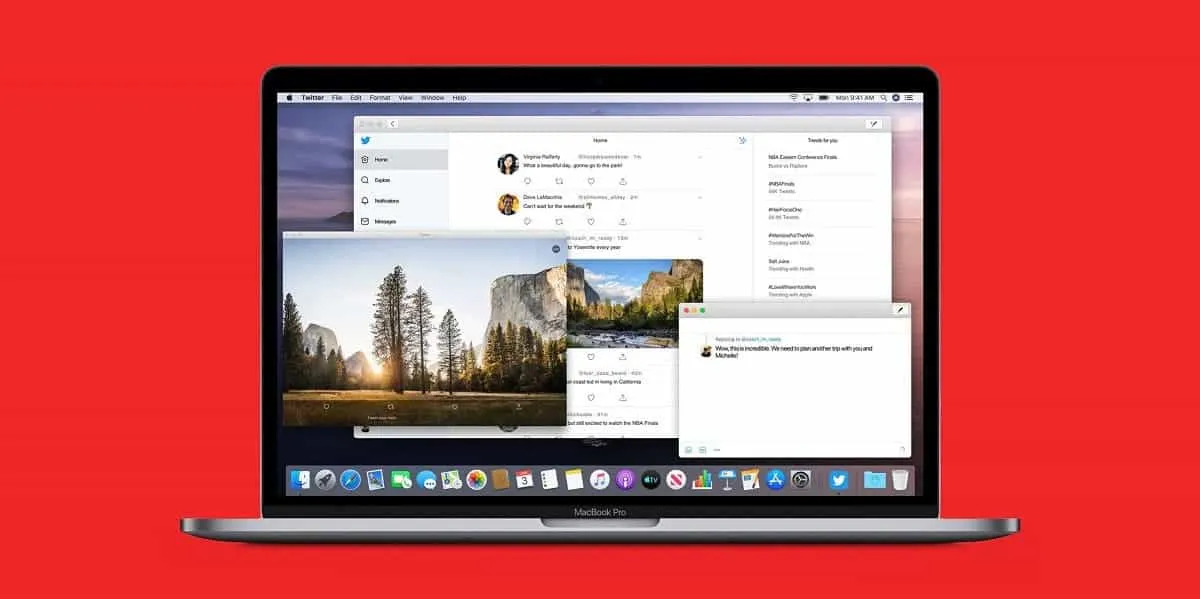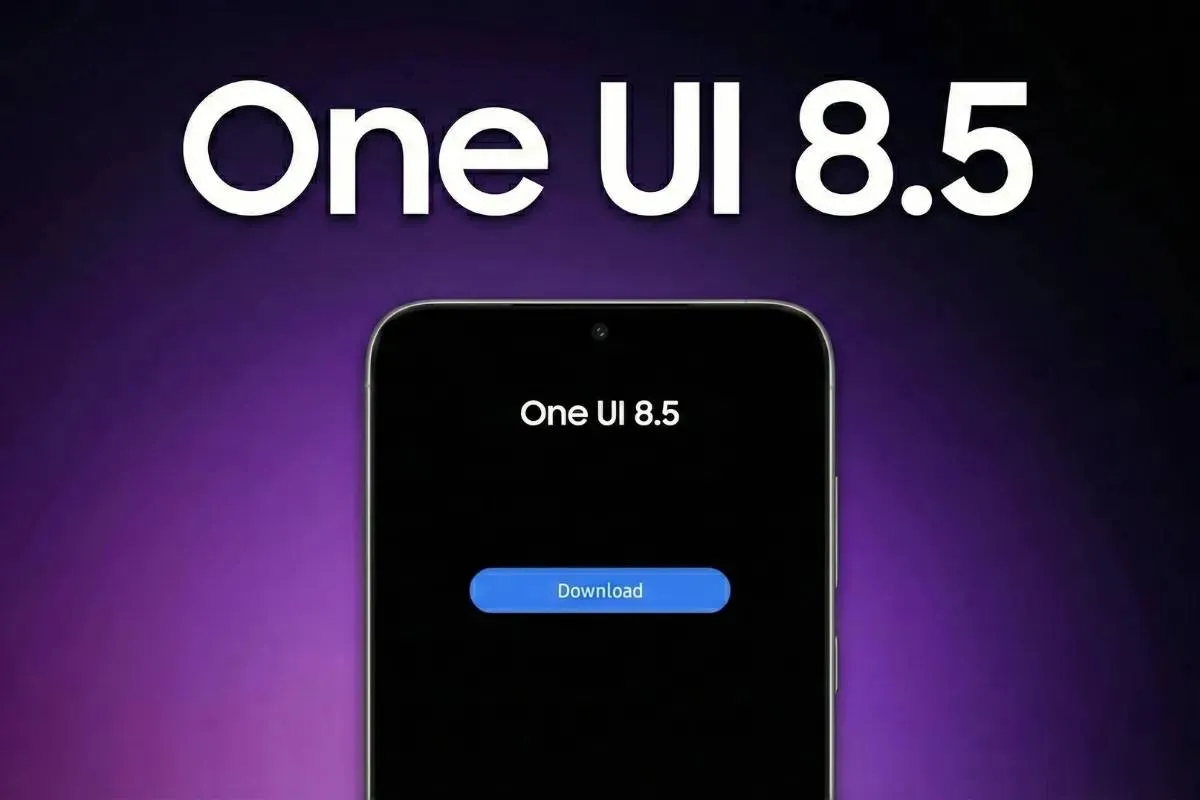Security expert received $100 thousand for a discovered vulnerability in Safari
AppleFriday, 09 April 2021 at 06:30

Jack Dates, the security specialist at RET2 Systems, received a $100,000 award for discovering a new vulnerability in the Apple Safari browser. Zero-day exploit detected at Pwn2Own event 2021.
A zero-day exploit is a recently discovered vulnerability that is still unknown to developers. Dates managed to achieve kernel-level code execution via Safari through integer overflow. Thus, he was able to gain full access to the entire computer.
This is not the only major vulnerability at the event. Developers Daan Keuper and Thijs Alkemade found a chain of three errors in the Zoom video conferencing service; It allows them to perform the necessary tasks in a foreign system. In this case, it requires no participation of the victim. The developers received an award of $200 thousand for two.
As noted by Macrumors, Pwn2Own 2021 participants received a total of $1.2 million in rewards. The event allows developers to fix the discovered vulnerabilities within 90 days.
Mac OS X turned 20
Today, macOS, Apple's proprietary operating system, is one of the top three market leaders. The current macOS Big Sur amazes with its beautiful interface design and wide functionalities. The history of this operating system began 20 years ago, on March 24, 2001, when Mac OS X 10.0 Cheetah was avilable, which stood out for the beautiful Aqua graphical interface.
Of course, Mac OS X Cheetah was far from Apple's first operating system. Before it, the Californian company released a number of operating systems of the Mac OS family, with which, nevertheless, Cheetah had much less in common than with the current Big Sur. Mac OS X 10.0 laid the foundations for interacting with an Apple computer and brought in elements that are preserved in current versions of the Apple operating system.
Mac OS X Cheetah, although it amazed the imagination with its wide functionality and beautiful design, was still not without its drawbacks. The main drawback was just the interface. The fanciful graphical shell was very demanding on the hardware resources of the computer, which negatively affected the stability and performance of the system. It's also worth noting that Cheetah was not free of charge. Its cost was $ 129. Apple's operating systems became free only in 2013.
After Mac OS X Cheetah we saw the 10.1 Puma edition. This version of the operating system has significantly improved stability. As you can see, Apple began to call its OS by the names of big cats. This tradition continued until 2013, when versions of the operating system began to receive the names of tourist destinations in the state of California.
Loading






